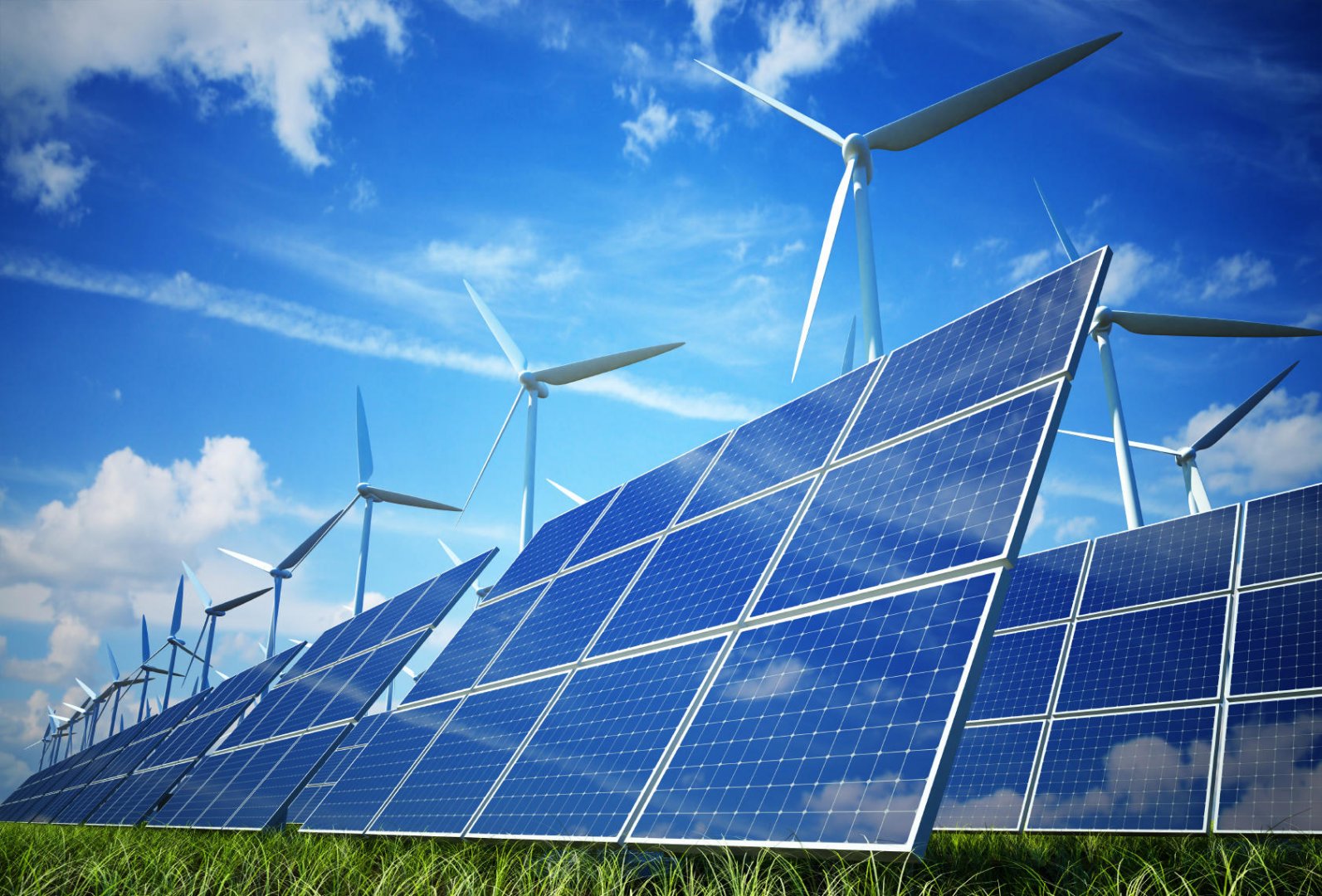

BAKU, Azerbaijan, June 30. The Black Sea electricity project to unleash Azerbaijan’s renewable energy generation potential, an EU official told TurkicWorld.
"We stand behind the Member States and the partners supporting this initiative to build an electricity cable under the Black Sea to connect the Southern Caucasus region and the European Union. This project has the potential to enhance energy security on both sides, and enable trade in electricity from renewable sources across our markets, as well as unleashing the solar and wind power generation potential of Azerbaijan," said the EU representative.
The official noted that EU is therefore following with great interest the ongoing feasibility study commissioned by the World Bank and, building on that, the work of the Bucharest Green Energy Memorandum between Azerbaijan, Georgia, Romania and Hungary.
"The EU is at the forefront of the global clean energy transition. Accelerating investment in renewables has become particularly critical in the context of the double climate and energy crisis. In line with our REPowerEU plan, we are already supporting our South Caucasus neighbours and partners in increasing their renewable energy generation. It is crucial to have the right regulatory environment in place to encourage private investment, including unbundling power generation from transmission, establishing an independent electricity market operator, and establishing renewable energy auctions. Azerbaijan is taking crucial steps in this regard," said the EU official.
Azerbaijan, Georgia, Hungary, and Romania signed an agreement in Bucharest on December 17, 2022 to build an underwater electric cable under the Black Sea. The project could become a new power source for the European Union. The 1,100-kilometer cable from Azerbaijan to Romania will provide Azerbaijani energy for the rest of the continent. The project could be completed within three to four years.
---
Follow the author on Twitter: @Lyaman_Zeyn